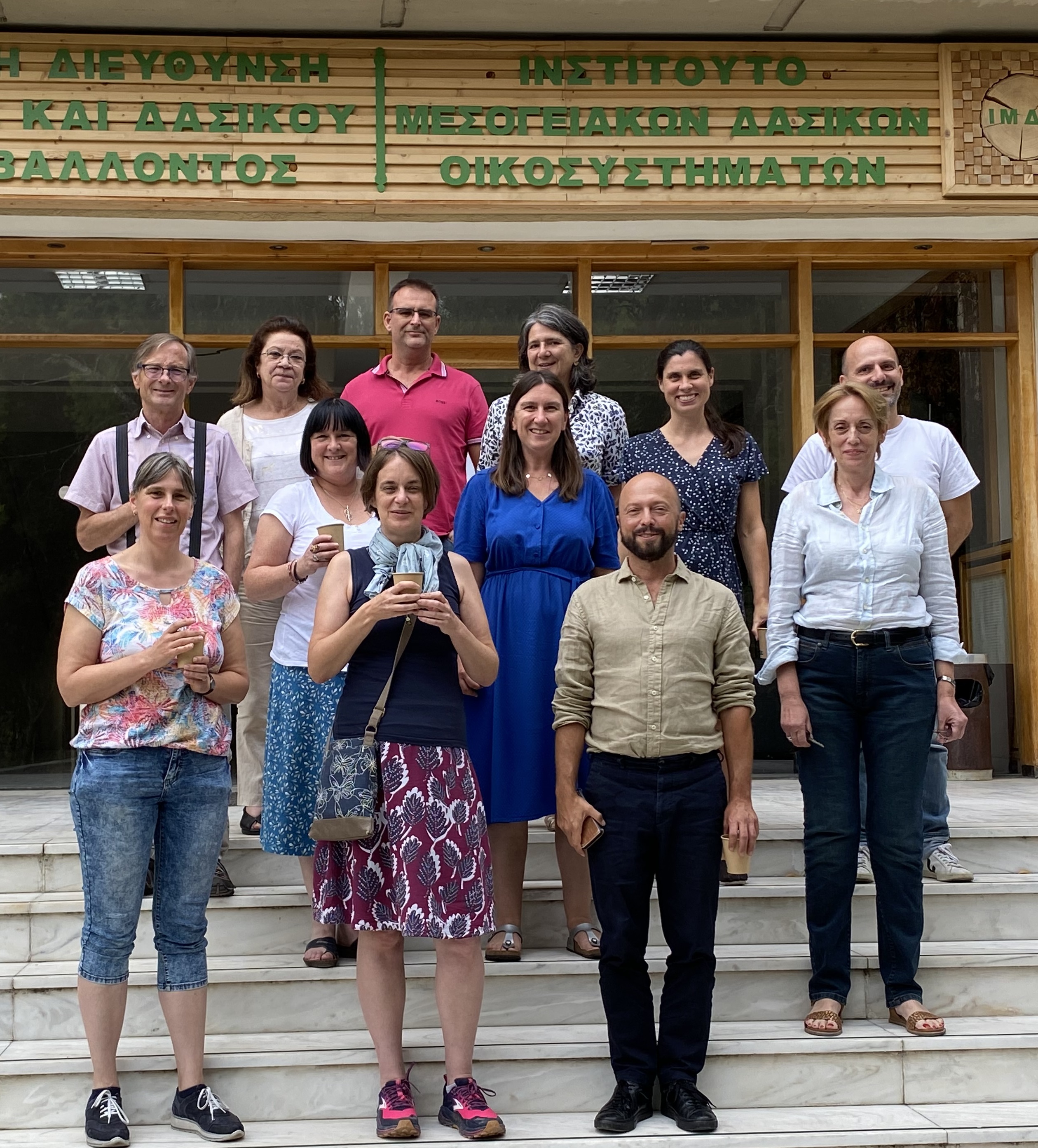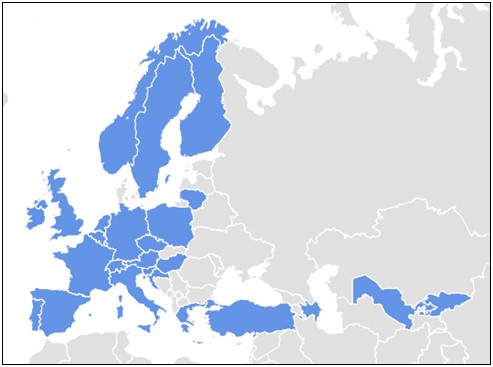EPPO Database on Resistance Cases
The EPPO Database on Resistance Cases aims to share information on documented resistance
cases among the authorities responsible for registration of Plant Protection Products (PPPs)
across the EPPO region and between authorities and other stakeholders such as the
agrochemical companies which apply for registration of PPPs, researchers, scientists,
extension officers and users of PPPs. This database was developed initially as a tool for
the EPPO Expert Working Group on Resistance and has evolved into a platform to assist EPPO
member countries and applicants involved in PPP authorization process in:
- Reaching a common understanding of development of resistance across the EPPO region;
- Facilitating the early identification of resistance trends;
- Developing resistance management strategies that take into account both the national and
regional resistance contexts;
- Addressing resistance issues in the authorization process and facilitating the
implementation of EPPO
Standard PP 1/213 Resistance risk analysis.
The added value of the database, when compared to other available databases, is the inclusion
of information about early detection of resistance cases, as well as resistance cases that
occur locally, that are based on data even if this data is limited.
The database covers resistance cases based on samples collected in the field (cases of
resistance developed in the laboratory are not covered). Each entry corresponds to a given
Crop (or Crop group )/Pest/Mode of Action/Country combination. Resistant biotypes showing
the same resistance characteristics (same country, MoA, same species, same resistance
mechanism e.g. same target site mutation) but occurring in different crops or crop groups may be listed as a combined
case, depending on indications.
The database is not intended to compete with or replace the public information from the
Resistance Action Committees (RACs) nor it will replace the responsibility of the companies
when reporting cases of resistance to the national authorities. Dialogue and cooperation
between the industry, via the RACs, and the authorities of the EPPO countries is expected to
take place when considering resistance cases for inclusion in the database.
All EPPO members
countries are invited to provide an official contact point and provide information
about resistance cases in their respective countries through this contact point. Updates and
new information on the resistance cases presented in the database are also welcomed. The new
cases and information will be made available in the database after validation by the EPPO Expert
Working Group on Resistance to Plant Protection Products. Old resistance cases (i.e.
older than 20 years) will be proposed for validation as historical cases.
If you want to know who the contact point for your country is, please contact the EPPO Secretariat.
To access the EPPO Database on Resistance Cases please click
here.
To see a video presentation of the EPPO Database on Resistance Cases please click here.

Expert Working Group meeting in Athens (September 2023)
How to cite us: EPPO (2025). EPPO Database on Resistance Cases. https://resistance.eppo.int/ [accessed date]
To access the EPPO Database on Resistance Cases:
Click here
17
Jan
2025
As of 2025-01-03, a total of 27 EPPO countries have nominated a contact point and 21 of them have entered resistance cases in the Database on Resistance Cases. A total of 1065 cases have been entered since the Database was launched.... read
more
15
Feb
2024
The EPPO Database on Resistance Cases is available online since September 2021. All EPPO member countries have been invited to provide an official contact point and provide information about PPP resistance cases in their respective countries through this contact point... read
more
 Already 27 EPPO member countries have nominated a contact point.
Already 27 EPPO member countries have nominated a contact point.
To see a video presentation of the EPPO Database on Resistance Cases please click here.
To receive updates and news about the EPPO Database on Resistance Cases, including alerts
when new cases are available, please subscribe to our mailing list:
click here to
subscribe


 Already 27 EPPO member countries have nominated a contact point.
Already 27 EPPO member countries have nominated a contact point.